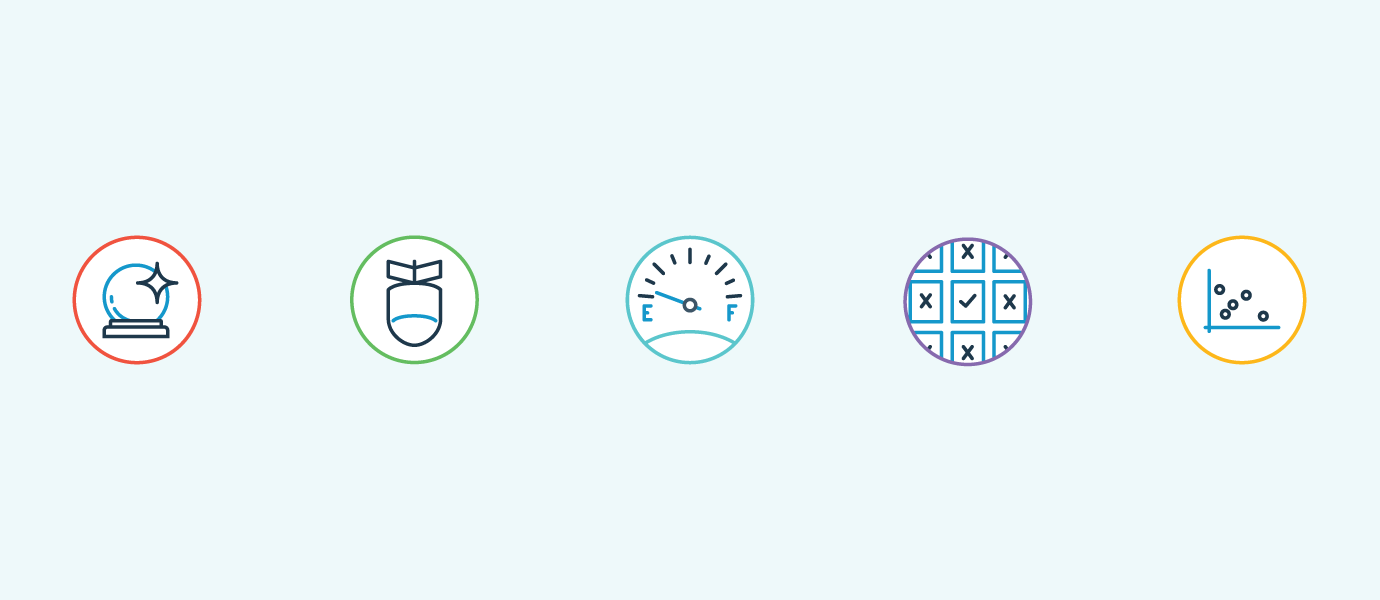Pipeline management is critical to the success of your sales team, but many sales teams aren't doing it efficiently. Jason Jordan, partner at VantagePoint Performance and author of Cracking the Sales Management Code, and Kurt Leafstrand, Clari VP of Products, discuss how to improve your pipeline management today—for better results tomorrow.
1. What is pipeline management?
Jason: Pipeline management is the process of ensuring the health of your pipeline and the progress of your deals. Active pipeline management will build a healthy pipeline, full of opportunities that you want and will be able to win. It's all about influencing what you and your team are doing today for long-term results.
2. What does your sales process have to do with pipeline management?
Kurt: To manage your pipeline effectively, you need a small number of simple, measurable stages for your deals. Each stage indicates increasing confidence that the deal will close. This is a clearly defined sales process: it's simple, consistent, and measurable. It also needs to be well-defined, so everyone knows what qualifies an opportunity in every stage.
Jason: A good sales process also reflects the customer's buying process. When you've identified a lead, qualified it, given them a proposal, and moved to negotiations—you're thinking as the seller. The best sales processes are reflective of the buyer and illustrate the buyer's increasing levels of commitment.
3. What are some telltale signs that your organization is ineffective at managing pipeline?
Jason: Your close rates might be very low: that could mean you have an unhealthy pipeline full of bad deals, and you're losing them. Your forecasts may also be erratic, which could mean that your stages are poorly defined or you don't understand the behavior of your pipeline.
4. How can you use probability and deal stage to evaluate the health of deals and the funnel as a whole?
Kurt: First, your rep should not be focused on the probability in Salesforce. Your reps should be focusing on the behaviors that will produce the outcome you want. Focus them around the right selling behaviors and the right buyer process, and the rest will follow.
In terms of meeting goals and objectives, your process could be very rigorous, but it's not necessarily focused on the probability. We've found that predictive analytics and analyzing your historical performance is the best way to assess your funnel.
Understanding probability will come from analysis of these factors in the deals your team has won or lost in the past:
- Rep behaviors in deals
- How deals move through stages
- Patterns of activity and communication with the buyer
- Size and type of deal
- Average sales cycle
5. What are some indicators that a deal is going to close or that a deal is at risk?
Kurt: The deals that will close are probably undergoing the most pressure-testing, collaboration, and feedback. It depends on the type of business: if you're a transactional business, the deals that are going to close are the ones that close. If you're in a complex selling business with a complex sales cycle, it's probably those that are being pressure-tested, communicated on, and have the highest levels of activity.
To learn more about pipeline management, read up on the differences between pipeline management and sales forecasting, or learn how Clari can help.


